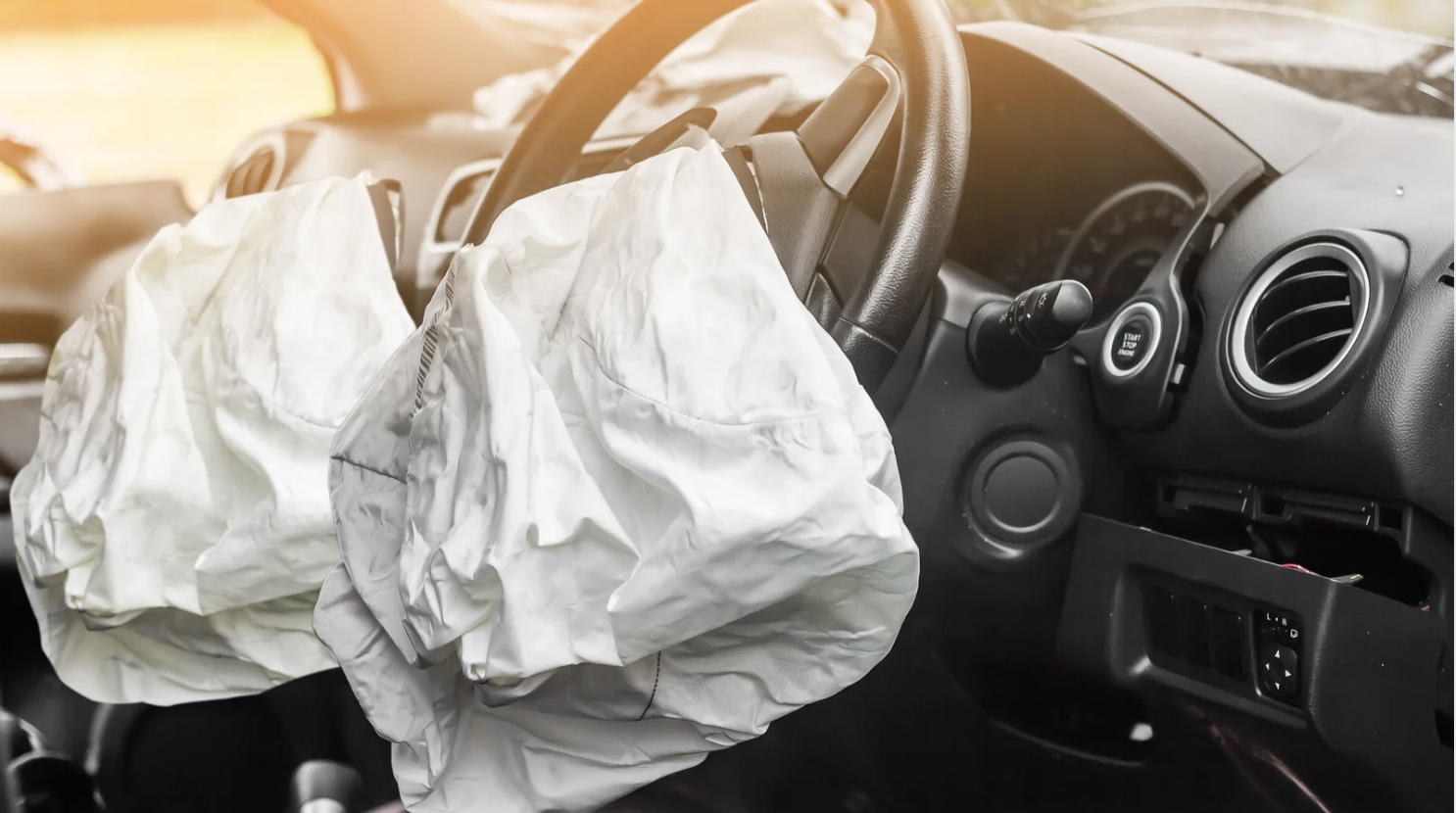Understanding Betterment Charges in Louisiana: Why You Shouldn’t Pay for “Upgrades” After an Accident
If you've been involved in a motor vehicle accident in Louisiana, the last thing you should worry about is insurance companies cutting corners at your expense. At Montiel Hodge, LLC, we are dedicated to ensuring our clients receive every dollar they are entitled to—without unlawful deductions like “betterment charges.”
What Are Betterment Charges?
Have you ever found yourself in a situation where, after a car accident, the other driver’s insurance agrees to cover your repairs, only to discover a “betterment charge” from the repair shop?
In simple terms, a betterment charge occurs when the repair shop (acting on behalf of the insurer) claims that your car is now in better condition than it was before the accident. For instance, if your old tire had 5,000 miles and it’s replaced with a brand-new one, the insurer may argue that you received an upgrade and should pay the difference.
This practice sounds unfair—and it is, especially under Louisiana law regarding third-party claims.
What the Law Says
Louisiana law is explicit: if someone else causes an accident, you are entitled to be made whole—not to bear the financial burden of their negligence. Courts have consistently ruled that insurers cannot impose betterment charges on innocent accident victims.
The principle is straightforward: you should be restored to your pre-accident state, not forced to pay extra for necessary repairs. A recent case, Troung v. Sanders, highlighted this issue. The Louisiana Second Circuit Court of Appeal criticized insurers for imposing betterment charges in liability claims. In this case, a 313chargeledtoa313 charge led to a 313chargeledtoa5,000 penalty for the insurance company due to bad-faith claims handling.
Why This Matters to Everyday Drivers
Though a betterment charge might seem small—perhaps as low as 20or20 or 20or30—the implications are significant. Allowing insurers to impose these charges shifts financial burdens onto innocent parties. Over time, these costs accumulate across countless claims.
For example, in a recent case I handled, a repair shop charged a claimant $23 for a new tire. While this may seem trivial, Louisiana law clearly states that even minor betterment charges are improper. Courts have ruled that if the other driver is at fault, their insurer cannot nickel-and-dime you for parts essential to rectify the damage they caused.
How to Protect Yourself
Review Your Repair Bill: Scrutinize it for terms like “betterment” or “depreciation.”
Push Back: If you see a betterment charge, ask the insurer or repair shop to justify it.
Know Your Rights: Under Louisiana law, you should not be charged for betterment when you’re not at fault.
Cite Relevant Laws: Reference Troung v. Sanders and Louisiana bad-faith penalty statutes (La. R.S. 22:1892, 22:1973) to emphasize that insurers can face penalties for attempting to shift unlawful costs to you.
Seek Legal Help: Sometimes, a brief letter from an attorney can make a significant difference.
The Bottom Line
If you didn’t cause the accident, you shouldn’t have to pay to restore your car to working order. “Betterment” may sound like a technical term, but in Louisiana, it’s often a tactic insurers use to impose unfair charges.
Remember, the law is on your side. Recent court decisions have shown insurers that attempting to sneak in these charges can lead to severe financial consequences.
At Montiel Hodge, we ensure our clients do not bear the costs that insurance companies should cover. If you’ve been in a motor vehicle accident in Louisiana, contact us today. We’ll fight to protect your rights and hold insurers accountable.


